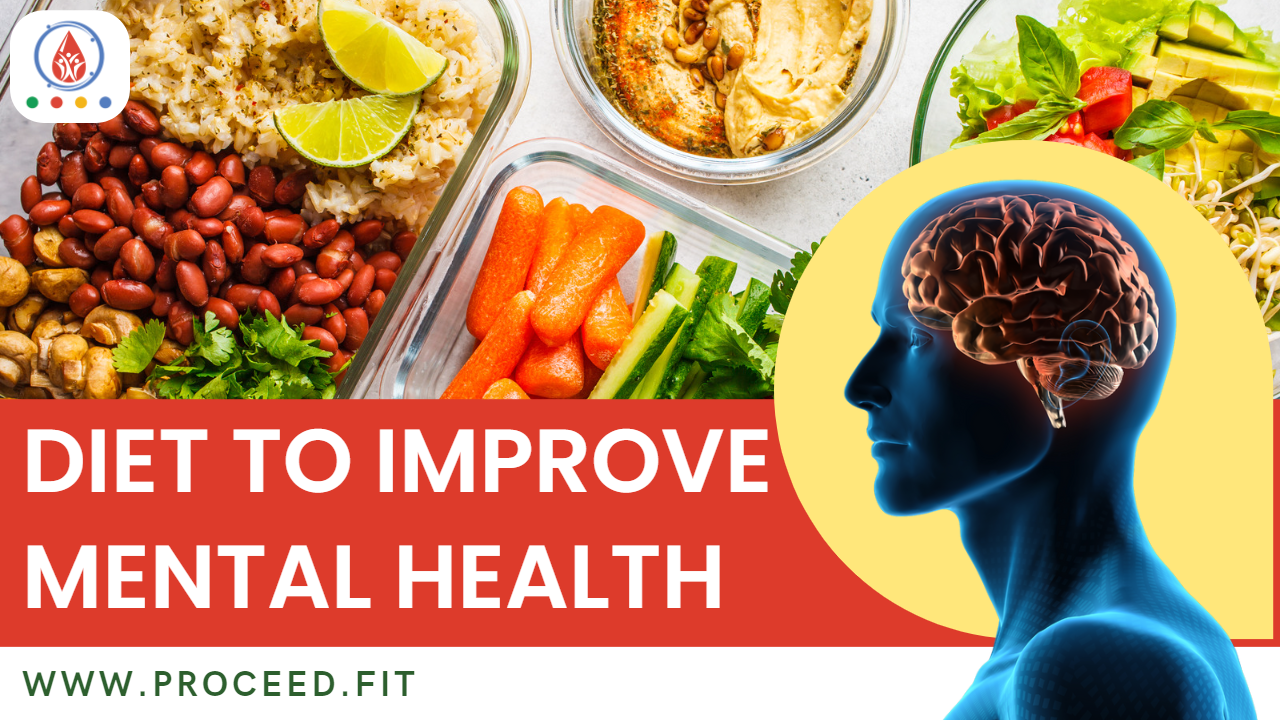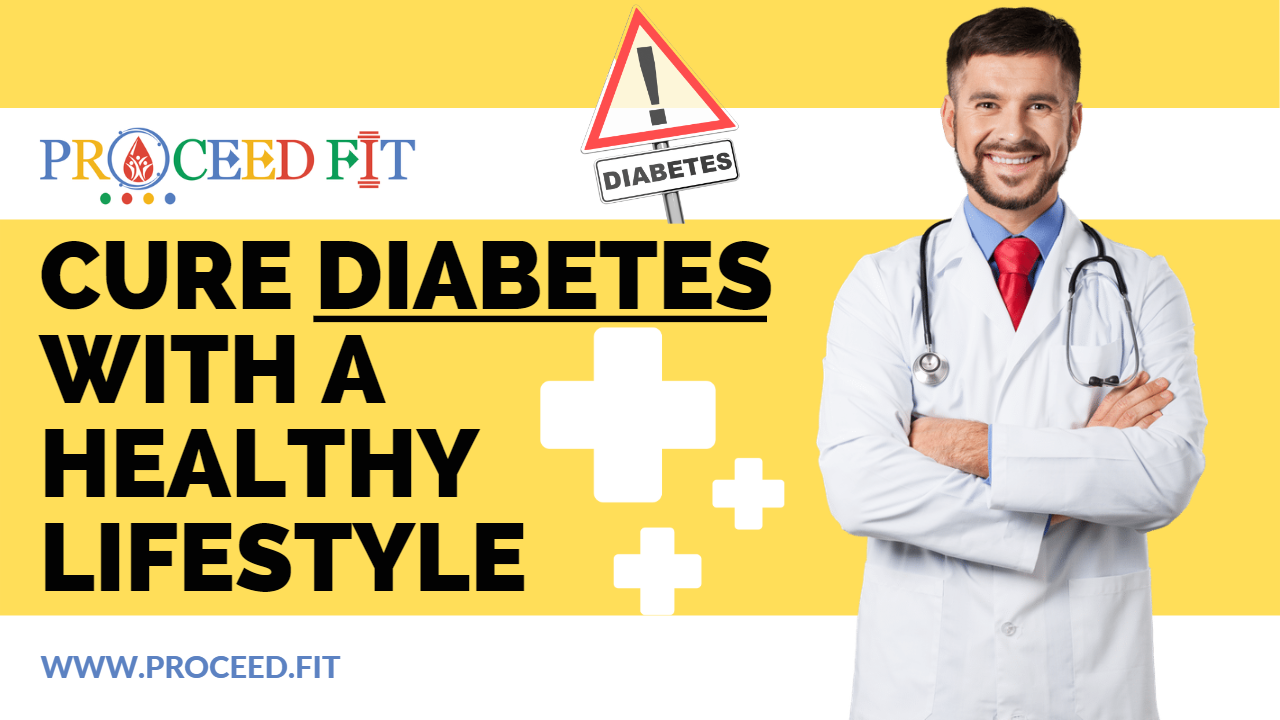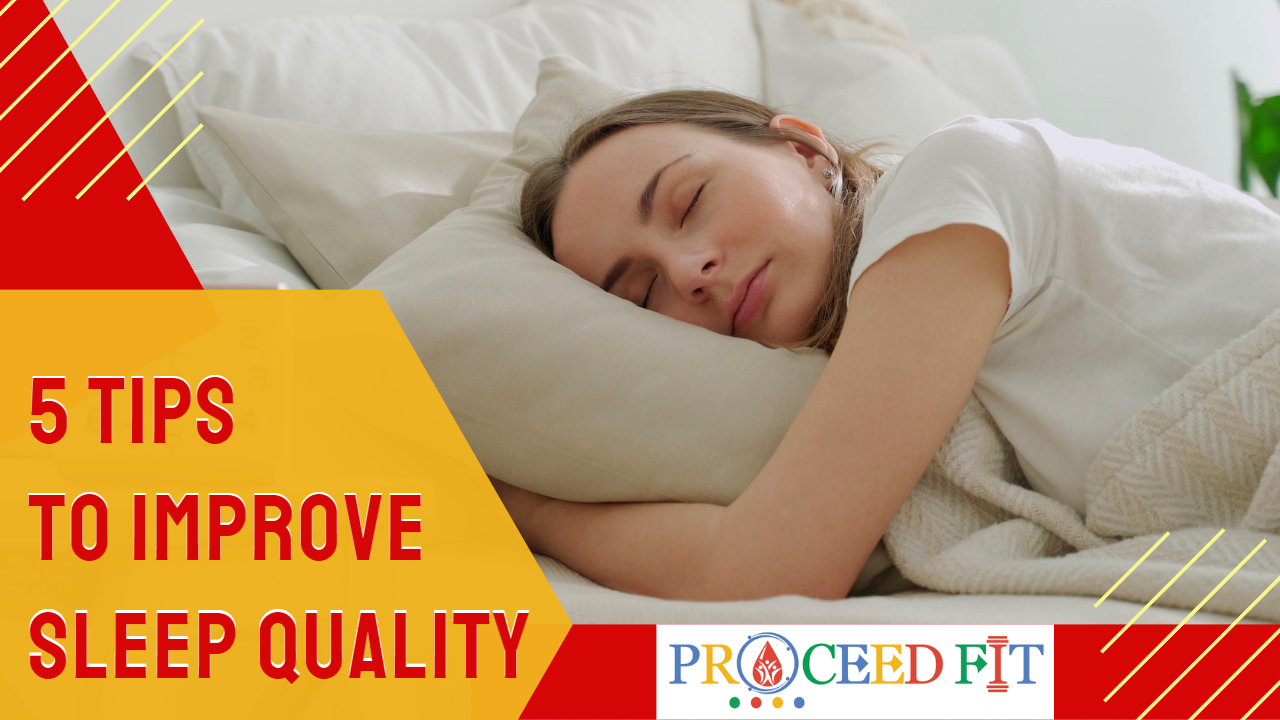Alternative Therapies - An Insight
Healthcare Jan-25-2023 0Medical treatments that are not included in traditional medicine techniques are referred to as "alternative therapies." Alternative therapies could be used in addition to conventional medicine. The terms "complementary medicine" and "alternative medicine" are synonymous. In the medical field, the practice is known as complementary and alternative medicine (CAM).
Alternative techniques are used in place of conventional medicine by most people. People use these therapies in addition to traditional medicine.
Alternative therapies come in a variety of forms. Many of these therapies have made their way into mainstream medicine over the years. There are numerous types of alternative therapies. The National Institute for Complementary and Integrative Health divided alternative therapies into the following categories:
• Acupuncture
• Homeopathy
• Naturopathy
• Chiropractic
• Meditation/Reiki
• Massage therapy
• Reflexology
• Hypnosis
Acupuncture:
Acupuncture is a technique that involves inserting very thin needles through your skin at strategic points on your body. Acupuncture is commonly used to treat pain ranging from nominal to severe. It is increasingly being used for overall wellness and to treat stress. To treat various health issues, acupuncture specialists insert needles at various parts of the body at certain depths. Acupuncturists insert very thin steel needles into the patient’s skin at various "acupoints." The needles rebalance the body’s energy, known as qi, and cause the body to release natural chemicals to combat the illness or symptom. Acupuncture can treat many types of health problems. It is generally used to relieve chronic pain, such as arthritis, back pain, muscle pain, headaches and migraines, knee pain, menstrual cramps, and sports injuries.
Homeopathy:
Homeopathy is an alternative medicine that believes the body can heal itself. It is a practice in which trace amounts of natural substances, such as plants and minerals, are used to provide treatments. Homeopathic doctors believe that the body itself aids in the healing process. It was invented in Germany in the late 1700s. Homeopaths believe that the more medicine is diluted, the more effective it is at treating symptoms. Many homeopathic remedies are made up of substances that have been diluted many times in water until almost none of the original substance remains. The most common conditions for which people choose homeopathic treatment are asthma, ear infections, hay fever, mental illness, allergies, dermatitis (an allergic skin condition), arthritis, and hypertension.
Naturopathy:
Naturopathy is also known as "naturopathic medicine." It uses a wide array of pseudoscientific practices branded as "natural" or "self-healing" and employed by its practitioners, who are known as naturopaths. These treatments range from outright dietary and lifestyle changes to manipulative therapies, such as certain forms of psychotherapy. Naturopaths advise you regarding dietary and lifestyle changes, stress reduction, manipulative therapies, exercise therapy, guided detoxification, and counseling. Naturopathy is the most ancient form of health care, combining modern scientific knowledge with traditional and natural forms of medicine. Naturopathy stimulates the human body’s ability to heal itself by relying on nature’s healing power. It stimulates spiritual healing, health strengthening, and disease prevention to treat the patient.
Chiropractic:
Chiropractic is a form of alternative medicine that assists in the diagnosis, cure, and prevention of neuro-musculoskeletal conditions or medical problems. Chiropractic doctors are known as chiropractors or chiropractic physicians. Chiropractors use their hands to diagnose and prefer a drug-free method known as spinal manipulation or adjustment to treat patients. Chiropractors have a wide range of diagnostic skills and are also trained to recommend rehabilitative and therapeutic exercises as well as nutrition and lifestyle counseling.
Meditation and Reiki:
Meditation is a practice in which a person trains their mind to be attentive and aware. In this practice, a person focuses their mind on a specific object, thought, or activity. It is a therapy performed since ancient times and practiced by several cultures. Meditation has proven difficult to define because it encompasses a diverse range of practices in various traditions. The term "meditation" is frequently used imprecisely in popular usage to designate practices found in many cultures. The meditators believe all the problems can be healed by using mind power. For them, mind power is supreme of all and cures every disease.
Reiki refers to the universal energy that is received by everyone all the time. Believers say that universal energy flows through one’s body in the same way that water flows through a river: continuously and joyfully. Reiki makes a person sensitive enough to recognize the energy within and sensible enough to use the energy for strengthening, healing, relaxing, and rejuvenating oneself.
Massage:
Massage therapy is also known as myotherapy. It is the practice of manipulating a person’s muscles and other soft tissues to improve their health and relieve their pain. Myotherapy is a manual therapy in which the muscles, tendons, ligaments, and fascia are pressured. One of the most immediate advantages of massage is a sense of deep relaxation and calm. Massage causes the release of endorphins, which are brain neurotransmitters that produce feelings of happiness. Hormones like adrenalin, cortisol, and noradrenaline are also reduced.
Reflexology:
Reflexology is also known as zone therapy in many cultures. It is a complementary medicine practise that involves applying pressure to specific points on the feet, ears, and hands. This is accomplished without the use of oil or lotion and by using thumb, finger, and hand massage techniques. According to reflexology practitioners, areas of these zones in the feet, hands, and ears correspond to organs and systems of the body.
Hypnosis:
Hypnotherapy practitioners use hypnosis to treat specific mental conditions. The hypnosis procedure entails being guided into a deep subconscious state in which a hypnotherapist can access your thoughts and beliefs. When you are in a hypnotic state, a hypnotherapist will give you suggestions to help encourage behavioural change or relieve your symptoms. Hypnotherapy can be used to treat addiction, anxiety, or depression.
Conclusion:
There is evidence to suggest that certain alternative therapies may be effective for certain conditions, although the quality and strength of this evidence varies. In some cases, alternative therapies may be used in conjunction with conventional medical treatments to provide additional benefits. However, it is important to note that alternative therapies are not always safe and may not be suitable for everyone. It is always advisable to speak with a healthcare professional before starting any new treatment, including alternative therapies.
In conclusion, alternative therapies are a diverse group of healthcare practices and approaches that may be used to complement or supplement conventional medical treatments. While some may be effective for certain conditions, it is important to carefully consider the safety and effectiveness of these therapies before starting any new treatment.
Note : The information provided here is for general informational purposes only and is not intended to be a substitute for professional medical advice, diagnosis, or treatment. If you have any concerns about your health or are experiencing symptoms, it is important to consult with a healthcare professional. They will be able to assess your specific situation and provide you with personalised advice and treatment based on your symptoms, body type, allergies (if any), existing medical conditions etc. It is always a good idea to consult with a healthcare professional before making any decisions about your health.


_.png)
_.png)


_(1)_1.png)
_1.png)
_1.png)
_(1)_1.png)











Sorry! You can't submit a comment without logging in first. If you have a general question, please email us at [email protected]
0 Comments